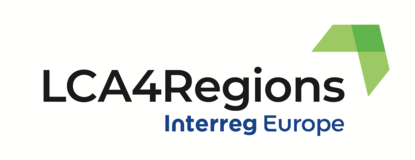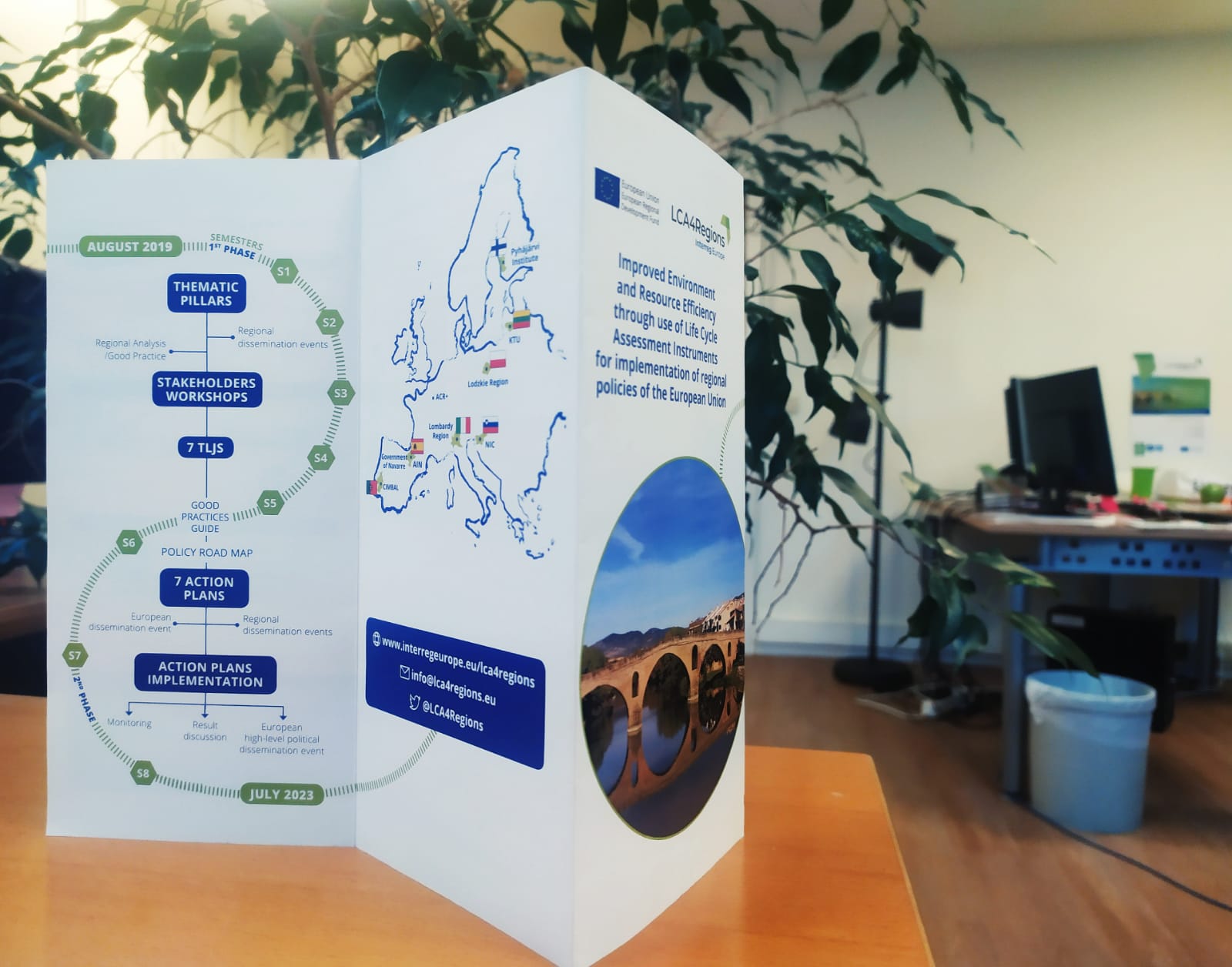Life Cycle Thinking (LCT) is a core concept in Sustainable Consumption and Production (SCP) for business and policy. The environmental pillar of LCT is supported by Life Cycle Assessment (LCA), an internationally standardised tool (ISO14040 and ISO14044) for the integrated environmental assessment of products (goods and services). Upstream and downstream consequences of decisions must be taken into account to help avoid the shifting of burdens from one impact category to another, from one country to another, or from one life cycle stage to another. LCA is a methodological tool used to quantitatively analyse the life cycle of products/activities within the context of environmental impact.
The LCA4REGIONS project will be disseminated during the LIFE event organised on 28 & 29 November 2019, in Vilnius, by the same host project “LIFE Fit for REACH”. This event is an expert seminar on “Indicators to measure improvements in chemicals management”. LCA is claimed to offer an integrative assessment of a process. LCA was used to evaluate environmental impacts from emissions of a substance X of concern + other related chemical substances + other changes in the process as a result of substitution.
In this context, the event is structured in such a way as to allow for networking, capitalisation of results (incl. sharing of best practices) and policy feedback from different LIFE, H2020, BBI JU, and INTERREG projects projects.
The main objectives of the LIFE Platform meeting on Chemicals are:
1. To promote networking including exchanges of best practices and lessons learnt among on-going and closed LIFE, H2020, INTERREG projects, NGOs, and relevant stakeholders (e.g. cities, SMEs, industry, academia, policy makers);
2. To convey strategic feedback and provide input to policy makers in order to advance the planning, implementation and update of relevant policies.
The targeted audience of the LIFE Platform Meeting is LIFE Projects including industry professionals, academics/researchers, consultants, policy specialists, etc., European Policy makers (EASME, DG ENV, ECHA, OSHA), Member States (administration, public bodies, local decision makers), H2020, BBI JU, and INTERREG projects, Chemical industry association, NGOs and etc.




